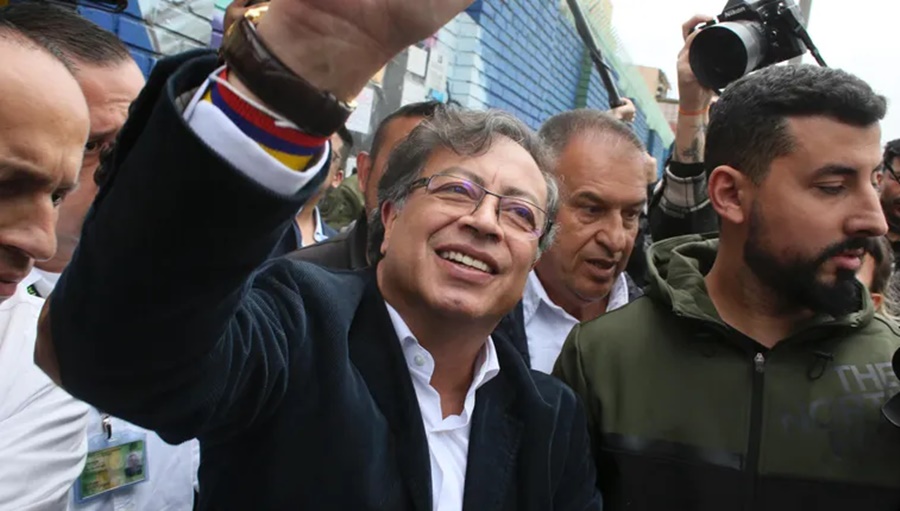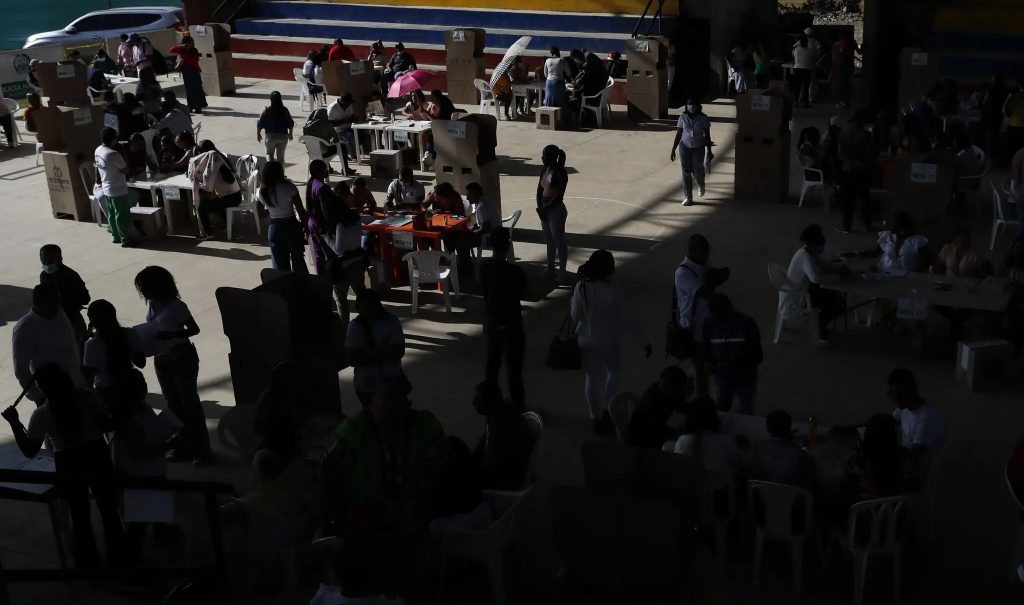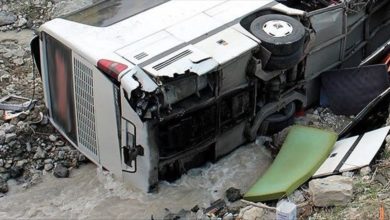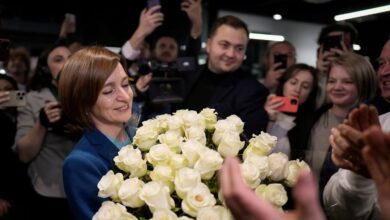
Historic turning point: The left-wing candidate Gustavo Petro clearly won the first round of the elections in Colombia. Now he has to assert himself in a runoff against the building contractor Rodolfo Hernández.
Left-wing candidate Gustavo Petro won Sunday’s first round of elections with 40 percent of the vote, according to official figures. The ex-guerrilla turned senator will face populist millionaire Rodolfo Hernández in the June 19 runoff, who surprisingly came second. The candidate from the traditional right ended up in third place.
After counting 99 percent of the ballot papers, the 62-year-old Petro received 40.3 percent of the votes, according to the residents’ registration office responsible for organizing the elections. Independent entrepreneur Hernández received 28 percent. He overtook conservative candidate Federico “Fico” Gutiérrez, who suffered an unprecedented defeat for Colombia’s traditional right by nearly 24 percent.
If Petros wins the run-off election, Colombia would have a left-leaning head of state for the first time. So far, power in the South American country has always been concentrated in the hands of more or less conservative elites.
Many of Petro’s supporters come from the protest movement
Polls had already put the Social Democrat Petro, who as a young man belonged to the M-19 guerrilla group, clearly ahead with around 40 percent. To win in the first round, however, he would have needed an absolute majority of the votes. More than 8.4 million Colombians voted for Petro on Sunday in hopes he would tackle poverty, rural violence, urban crime and widespread corruption.
The former “Comandante Aureliano” and later mayor of the capital Bogotá has announced economic, social and ecological reforms. These include taxes for the wealthy, an emergency program against hunger and the move away from oil and gas and instead promoting renewable energies.
A large part of Petro’s supporters is recruited from the protest movement, which last year opposed right-wing President Iván Duque in view of the worsening needs of large sections of the population due to the corona pandemic. According to the UN, at least 46 people were killed in the unrest at the time. Around 40 percent of Colombians live in poverty and, according to the World Bank, income inequality in the country is among the most pronounced in the world.
Hernández is dubbed the “Colombian Trump”.
“We all want change,” said 34-year-old porter Elison Beltran, who voted for independent candidate Hernández. A total of 5.9 million voters voted for the 77-year-old millionaire. During the election campaign, he proposed closing embassies to pay off student loans. In addition, every Colombian should have the right to travel to the sea once in their life. Hernández started the race as an outsider, but had recently gained ground in the polls. The local press calls him the “Colombian Trump”.
The third-placed ex-mayor Gutiérrez had presented himself as an advocate of a hard line against crime and especially drug trafficking, referring to his politics in the former drug metropolis Medellín.
High level of security during the election
The outgoing head of state Iván Duque, who was not allowed to stand again after one term in office, called on “all Colombians to vote with enthusiasm and joy – and without hatred, without prejudice and without bias”. Four years ago he had beaten Petro, who was already a candidate at the time, in the run-off election.
Colombia is still suffering from the aftermath of decades of conflict between left-wing rebels and the army and right-wing paramilitaries. The M-19, to which Petro once belonged, gave up the armed struggle in the early 1990s, long before the much larger FARC guerrillas, which only signed a peace agreement with the government in 2016.
The election was accompanied by a large security presence. Around 300,000 police officers and soldiers were deployed to protect the 12,000 polling stations. The Organization of American States and the European Union sent election observers.

What do the candidates for the presidency of Colombia propose?
Going to the voting tables this Sunday, Colombians face a decision that could significantly change the country.
Pre-election polls showed that Gustavo Petro, a senator and former member of a rebel group, was ahead of two former right-wing mayors, Federico Gutiérrez and Rodolfo Hernández.
If Petro wins, it would be the first time that one of the most politically conservative countries in the region elects a leftist president.
Here’s what you need to know about the platforms of the top three candidates:
Petro, a 62-year-old senator and former member of a rebel group who was mayor of Bogotá, has promised to rethink the country’s capitalist economic model and widely expand social programs. Among his proposals, which he plans to finance in part with taxes for the wealthiest, are guaranteeing a basic income for workers, changing the health system to a state-controlled system and increasing access to higher education.
Federico Gutiérrez, 47, is the candidate of the traditional right-wing political class and has proposed modest changes to the status quo while striving to present himself as a change from President Iván Duque.
Gutiérrez, known as Fico, gained popularity as the mayor of Medellín, Colombia’s second-largest city and a conservative stronghold. He has promised to increase foreign investment, boost economic growth, fight corruption, tighten security and improve the lives of the poor.
For his part, Rodolfo Hernández, 77, a businessman and former mayor of Bucaramanga, a city in northern Colombia, has positioned himself as the anti-corruption candidate.
Hernández, who was relatively unknown before he began to climb in the polls in the days before the end of the campaigns, promotes a populist platform that proposes, among other measures, rewarding citizens who report cases of corruption and saving public money by appointing Colombians who already live abroad to hold diplomatic positions.
Hernández has caused concern with his plan to declare a state of emergency to achieve his goals.



